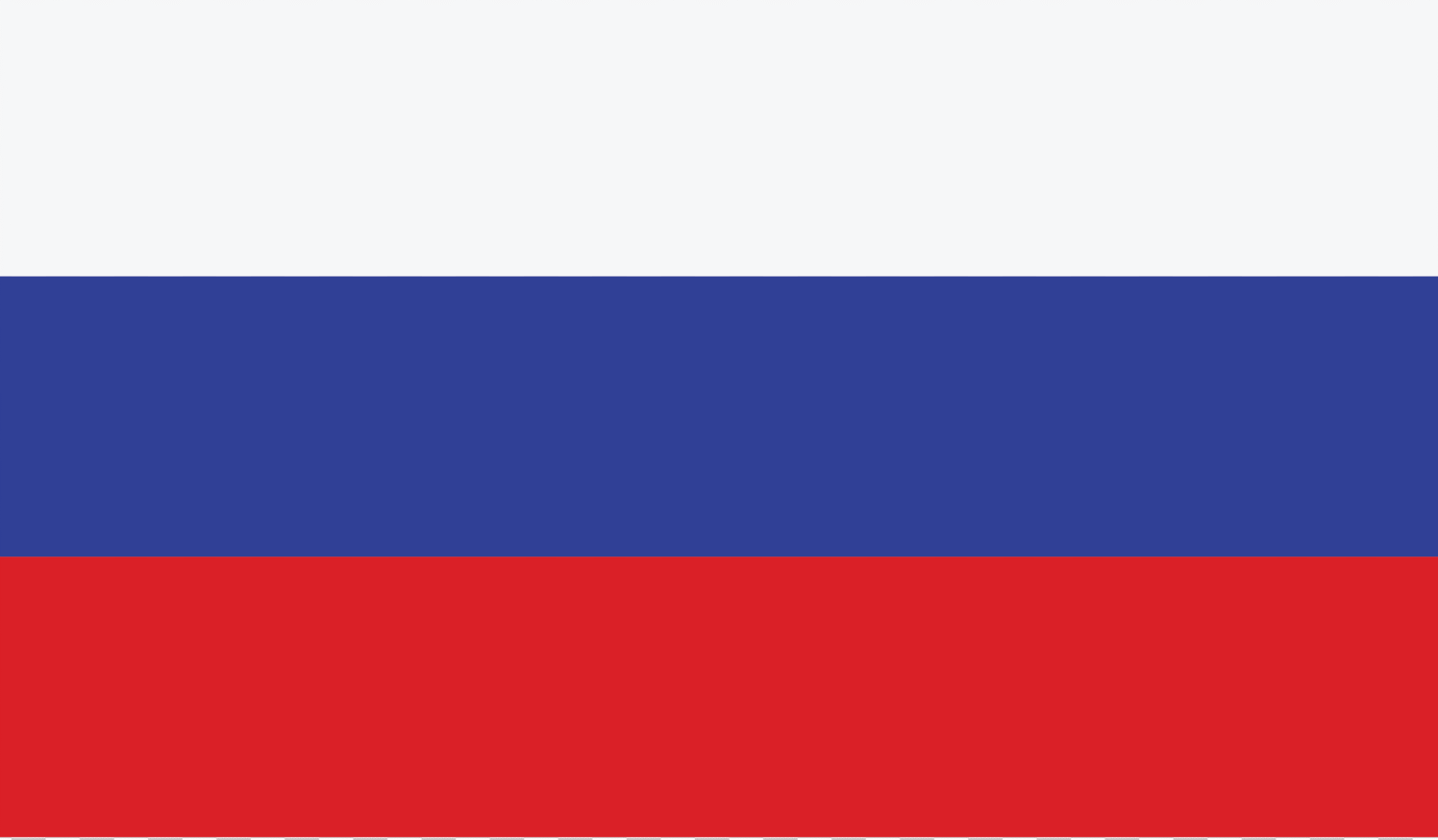Changes to the Standard Occupational Classification (SOC) Codes

We are witnessing a transition from the current SOC 2010 codes to SOC 2020 Codes, aligning with the latest data provided by the Office for National Statistics (ONS). As a result, sponsors will need to evaluate which SOC Code is appropriate under the new list for individuals sponsored starting from April 4th, 2024. For those extending their sponsorship, it is crucial to map their existing SOC Code to the corresponding new SOC Code.
Additionally, it appears that several SOC Codes previously not eligible for sponsorship have been added to the list of eligible SOC codes. This development broadens the scope of occupations that can be sponsored under these classification systems. It is important for sponsors to stay updated with these changes and ensure compliance with the revised SOC codes in order to maintain accurate records and avoid potential legal or administrative issues.
These changes are necessary to reflect the evolving nature of work and the changing demands of the labor market. The new SOC codes will provide a more accurate and up-to-date classification system for occupations. The revised SOC codes are based on input from various stakeholders, including employers, workers, and researchers.
One of the key changes in the new SOC codes is the addition of new categories to reflect emerging occupations such as data scientists, digital marketers, and content creators. Additionally, some existing categories have been reorganized or renamed to better reflect their content. For example, the category of “Computer and Mathematical Occupations” has been split into two separate categories: “Information Technology Occupations” and “Mathematical Science Occupations.”
Another important change is the inclusion of more detailed subcategories within each major category. This will allow for a more granular analysis of occupational trends and will make it easier to compare data across time periods.
Overall, the changes to the SOC codes from April 4, 2024 are designed to improve the accuracy and relevance of the classification system. This will benefit both researchers and policymakers who use the SOC codes for their work.



